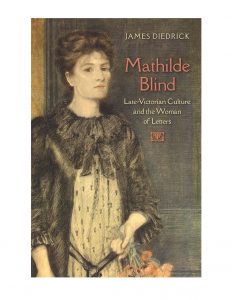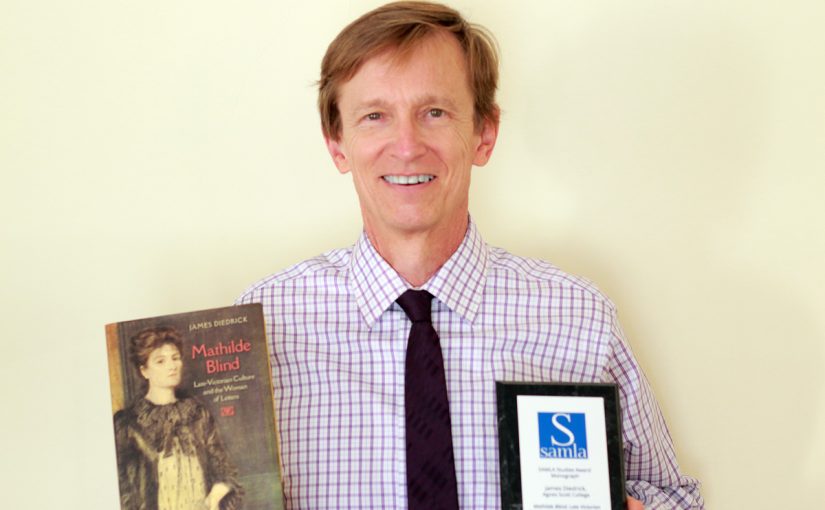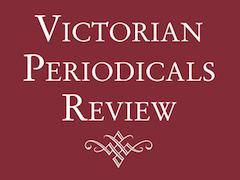
I am pleased to announce the publication of Mathilde Blind: Late-Victorian Culture and the Woman of Letters, available from the University of Virginia Press, both in hardcover and as an ebook. The book is copyrighted 2016, and was released in December.
Blind (1841-1896), a German-born, Anglo-Jewish British poet, biographer, novelist, translator and essayist, was a freethinking radical feminist who helped shape late-Victorian literary culture in London and beyond. By the time she was 30, Blind had become a pioneering female aesthete in a mostly male community of writers, painters, and critics, including Algernon Charles Swinburne, William Morris, Ford Madox Brown, William Michael Rossetti, and Richard Garnett. By the 1880s she had become widely recognized for a body of writing that engaged contemporary issues such as the Woman Question, the Highland Clearances, and Darwin’s evolutionary theory.
She subsequently emerged as a prominent voice and leader among New Woman writers at the end of the century, including Mona Caird, Rosamund Marriott Watson, and Katharine Tynan. She also developed important associations with leading male decadent writers of the fin de siècle, most notably, Oscar Wilde and Arthur Symons.
Despite her extensive contributions to Victorian debates on aesthetics, religion, nationhood, imperialism, gender, and sexuality, however, Blind has yet to receive the prominence she deserves in studies of the period. As the first full-length biography of this trailblazing woman of letters, Mathilde Blind underscores the importance of her poetry and her critical writings (her work on Shelley, biographies of George Eliot and Madame Roland, and her translations of Strauss and Bashkirtseff) for the literature and culture of the fin de siècle.
REVIEWS:
Mathilde Blind is a groundbreaking critical biography of the German-born British aesthete. It is more than just a fascinating account of Blind’s life as a freethinking radical feminist in late-Victorian London—it is a book that underscores the importance of her poetry and her critical writings for the literature and culture of the fin de siècle. This literary biography shows that her work was at the heart of the late-Victorian turn to the republican politics and aesthetics of Romanticism. An important, must-read book. –Ana Parejo Vadillo, Birkbeck University of London, author of Women Poets and Urban Aestheticism: Passengers of Modernity
This groundbreaking study of Mathilde Blind is a must-read for all who are interested in aestheticism, nineteenth-century women’s studies, Victorian poetry, radical politics, transnationalism, and publishing history. An immigrant with deft command of English, a poet equally at home in delicate lyrics and bold narratives, a beautiful woman who attracted men but also gravitated toward desire for women, Mathilde Blind defies easy categorization. The depth of James Diedrick’s research and the figure he reveals alike dazzle. –Linda K. Hughes, Texas Christian University, author of The Cambridge Introduction to Victorian Poetry





